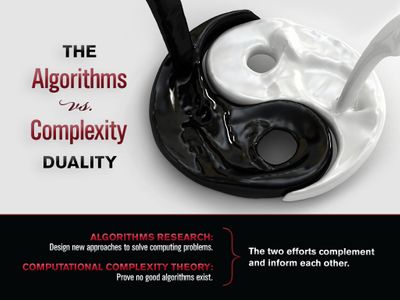Knowledge in basic computer science, 6 credits, equivalent to completed course DD1338/DD1320-DD1328/DD2325/ID1020/ID1021.
Knowledge and skills in programming, 6 credits, equivalent to completed course DD1310-DD1319/DD1321/DD1331/DD1337/DD100N/ID1018.
Knowledge in calculus in one variable, 7.5 higher education credits, equivalent to completed course SF1625.
Course from Upper Secondary School equivalent to the Swedish upper secondary course English B/6.
Active participation in a course offering where the final examination is not yet reported in LADOK is considered equivalent to completion of the course. Being registered for a course counts as active participation. The term 'final examination' encompasses both the regular examination and the first re-examination.
Knowledge of discrete mathematics is necessary. A student who, at the beginning of the course, has not completed 7.5 higher education credits of discrete mathematics, equivalent to SF1610/SF1662/SF1679/SF1688, must take one of these courses in parallel with DD2352, see Additional Regulations in the course syllabus.
Knowledge of probability theory equvalent to for example SF1901 Probability Theory and Statistics is recommended but could be learnt during the course.
You can find information about course literature either in the course memo for the course offering or in the course room in Canvas.
